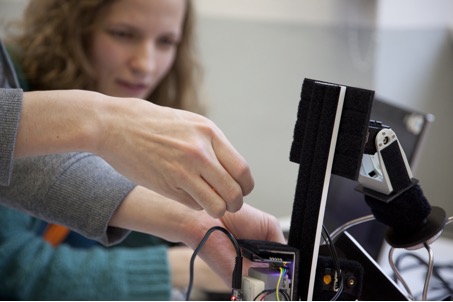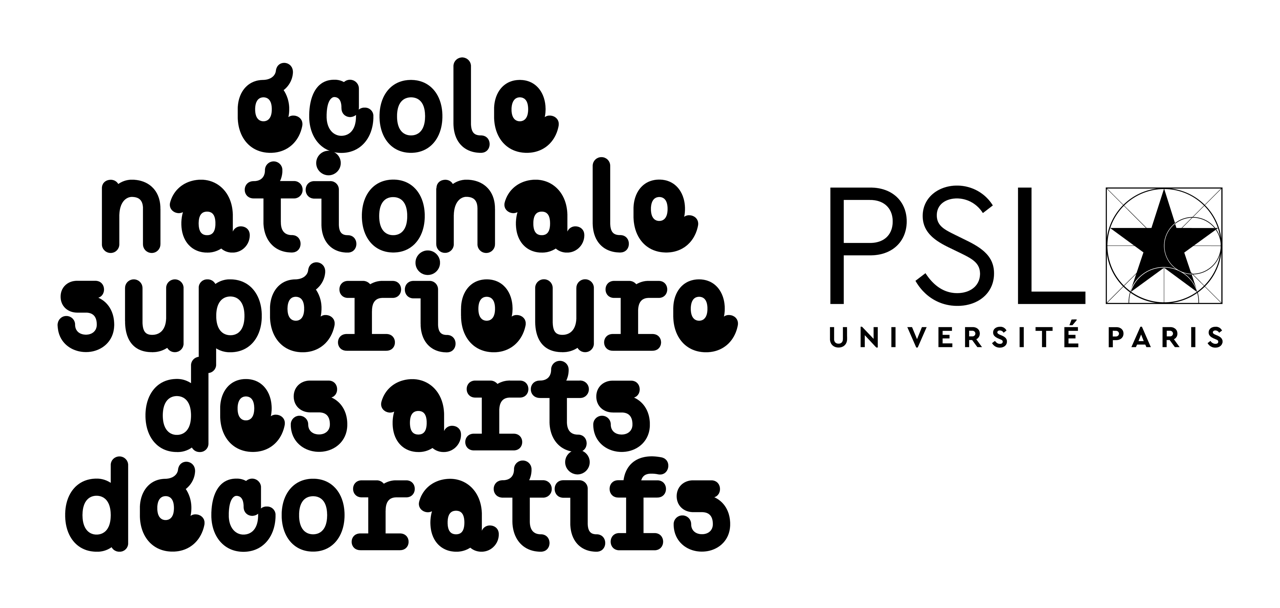
February 2-3, 2018
In Gwilan’s Harp, the narrator’s musical instrument is at the centre of the story. Likewise, we (“instrumentalists” or “designers”) are able to shape objects which seem to be animated through the subtlety of crafting and care. Since non-figurative robotic objects do not express feelings, how can they be given a behavioral or living quality? The study and experimentation of the quality of movement and action of such objects implies an iterative methodology. This methodology should be practical, reflective and multidisciplinary, combining engineering sciences (robotics), art, design, cognitive sciences, anthropology, philosophy and materials sciences. Thus, since 2012, Reflective Interaction develops with laboratories and researchers from other branches, a research & creation project which lead to multiple actions, artistic productions and publications such as a series of books in collaboration with Sternberg Press (New-York, Berlin).
This workshop lasted 36 hours. It included: a test exhibition; a program for the development of behavioral objects where the public could experience, observe and analyse at the same time as artists and researchers; debates with critics, scientists and philosophers; practical research & creation workshops for young visitors with the MisB KIT, a modular robotics kit; and the publication of a journal presenting the project, its history and a series of interviews with philosophers.
Workshop coordinated by Samuel Bianchini (EnsadLab-PSL), Filipe Pais (EnsadLab-PSL) and Emanuele Quinz (Univ. Paris 8 and EnsadLab) as part of “We are not the number we think we are”, an event by the Daniel & Nina Carasso Foundation, in partnership with la Chaire “arts & sciences” of École polytechnique, École nationale supérieure des Arts Décoratifs – PSL and the Daniel & Nina Carasso Foundation, and la Cité internationale des arts.
Curatorial and delegated production: Bétonsalon.
